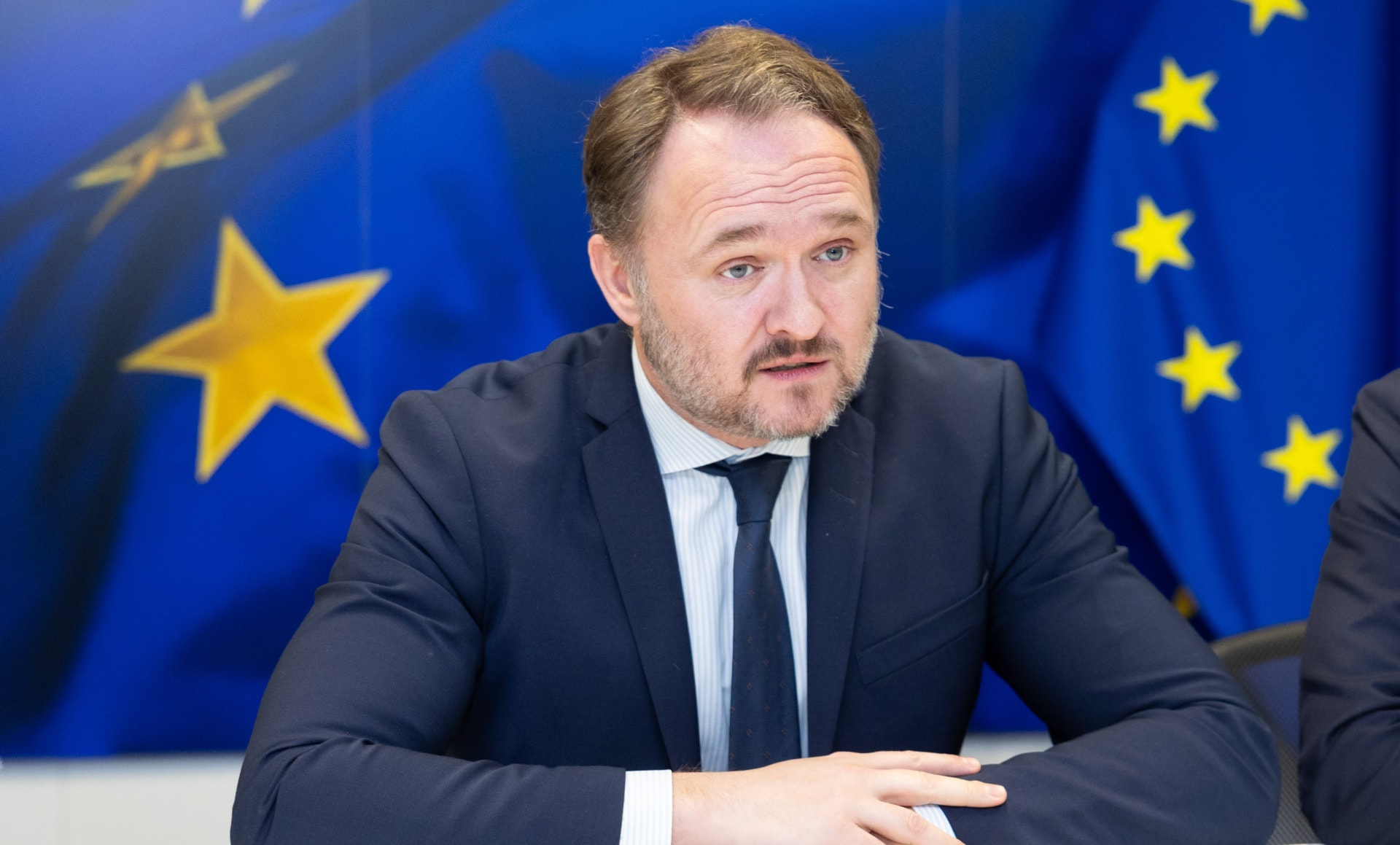On 21 November 2019, the European Training Foundation (ETF) celebrated its 25th anniversary: Founded in the aftermath of the fall of the Berlin Wall, it was established to support education and training in Central and Eastern Europe. It has since worked with over 40 countries, 13 of which are now part of the EU or at various stages of accession.
As an Agency of the European Union, the ETF supports the European Commission and the the EU’s diplomatic service, the European External Action Service, in programming of EU assistance supporting countries in the EU neighboring regions, from North Africa to the Middle East, the Balkans, Eastern Europe, Central Asia, and Russia. The ETF currently supports 29 countries to improve their vocational education and training systems, analyse skills needs, and develop their labour markets. More recently, the European Commission invited the ETF to support the development of a “qualifications framework” for the whole of the African continent to promote broader recognition and acceptance of education certificates. The ETF works closely with other specialised EU agencies, namely the European Foundation for the Improvement of Living and Working Conditions (Eurofound), and the European Centre for the Development of Vocational Training (Cedefop) which targets EU member states.
Based in Turin, the ETF employs some 130 staff and has an annual budget of €20 million. Cesare Onestini has been at the helm of the ETF as Director since 2017, subsequent to his appointment by the ETF’s Governing Board on 22 May 2017 and confirmation by the European Parliament. Mr. Onestini is a doctorate graduate from the United Kingdom’s Oxford University, specialized in higher education policy. He joined the European Commission in 1995 and worked for six years in education and training policy before serving in a variety of roles in energy, trade, the Secretariat General and external relations. He joined the European External Action Service in 2010 and, inter alia, served for three years as Deputy Head of the EU Delegation to India and Bhutan.

Q. Mr. Onestini, your experience working for the European Commission is extensive and varied – almost 25 years – including a period in the European External Action Service. As Director of the ETF you have returned to earlier experience in education policy through your doctoral studies at Oxford University and previous work experience in education and training policy. Can you share with our readers what it was like for you when you arrived at the ETF two years ago? What would you say are the opportunities you identified and the challenges you faced?
The opportunity to work at ETF is a dream come true, combining my passion for education and training with the experience of external relations. Different aspects of my professional and educational experience came together.
Working to improve education and training systems is a privilege and a challenge. In recent years, the transformational role of education and training policy emerged as a key element globally in the Sustainable Development Goals as well as for the EU’s external relations.
Skills development is an even greater political priority at a time of profound changes in job markets across economic sectors, through digitalization, artificial intelligence, and industry 4.0. And for ETF quality education and training is not just a tool to employability but an essential policy for social inclusion and civic engagement.
ETF reached 25 years in 2019. Our challenge for the years to come is to make sure that the knowledge and expertise we accumulated is made available to support transformation of learning and skills acquisition in our partner countries and beyond. This is our vision to realise ETF’s potential to become a Knowledge Hub.

Q. A focus of the ETF is promoting and developing VET, i.e. vocational education and training. The political and economic situation is very different in the 29 countries where it operate, with various obstacles, for example the sanction regime on Russia since 2014 following the Crimea invasion, the dramatic situation in Palestine, the conflict in Syria or the current tension with Turkey that (for now) is hosting millions of Syrian refugees. How does the ETF operation in these environments? What solutions can it offer?
We know that education and training have a profound impact on the capacity of societies to adapt, face social and economic challenges and give hope for a better future. Political divisions and conflicts always have a severe impact on education opportunities and affect the development potential of individuals as well as communities as a whole. As a specialized Agency of the European Union the ETF supports countries within the framework of EU overall political relations. The new Commission has confirmed that countries in the EU neighborhood will continue to be key partners, as well as relations with the African Union.
We will continue supporting these political goals. In fact, we see that in a conflict situations, the question of human capital development can be particularly important in fragile contexts to engage with local-level actors to reach consensus on how to move forward in skills development – which is an important pillar to create employment, peace, and prosperity.

Q. Over time the ETF has developed a useful toolbox to help partner countries, notably the “Torino process” launched in 2010, e.g. the Torino process guidelines 2018-2020 map out a participatory approach to the analysis of VET that guides national Torino Process coordinators. Where did the Torino Process work best and what is the future of this process? Any other tools to be developed for your ETF toolbox?
The Torino process means that we support countries to assess their progress in improving education and training. It is a participatory process enabling partners to undertake an assessment of the progress of reforms in their vocational and education training systems. It supports national policy dialogue and policy monitoring processes, as well as EU and ETF programming. It also supports programming and monitoring at a regional level and promotes peer learning.
Our experience has shown that it works best where it generates greater engagement from the various stakeholders, including social partners, school organizations, local and regional communities – and we have seen numerous examples of this in our partner countries.
ETF also provides support on how to improve skills matching within countries based on current and future needs. We support the introduction of work-based learning approaches. We ensure that countries develop qualification recognition frameworks supporting skills development. And we monitor employment policies and the role of private sector actors, including small businesses.

Q. Now the ETF is moving in another direction as well, promoting reliance on PPPs, public-private partnerships. The joint work of public and private sectors will be at the center of discussions during an event co-organized by the ETF and International Institute of Administrative Sciences (IIAS) on 4-5 December 2019 in Brussels. How do you see this new direction developing, what do you believe is required for success? Where – in which specific countries – do you expect it to be most successful?
ETF is building on 25 years of experience to find the best strategies that fit each of our partner countries. The question of resource allocation is indeed one of the key drivers of reforms and we have been looking more in-depth at mobilizing resources beyond the traditional approaches. In this context, the motivation of partners and suitable financial arrangements are crucial to ensure the successful role of public-private partnerships to implement skills development policies.
For skills development greater commitment is needed from public and private partners. The private sector must focus on long term business sustainability rather than short term gains. To support this engagement we are working closely with EU institutions as well as International Financial Institutes to match new types of financial support and investment with the goal of more performing education and training systems. The commitment and patience required for investing in people lead to rewards in the long term.
Q. In relation to our Shape Your Future video series, I would like to ask you one more question, in fact the one to top them all and to guide all of us:
How do you shape your future?














